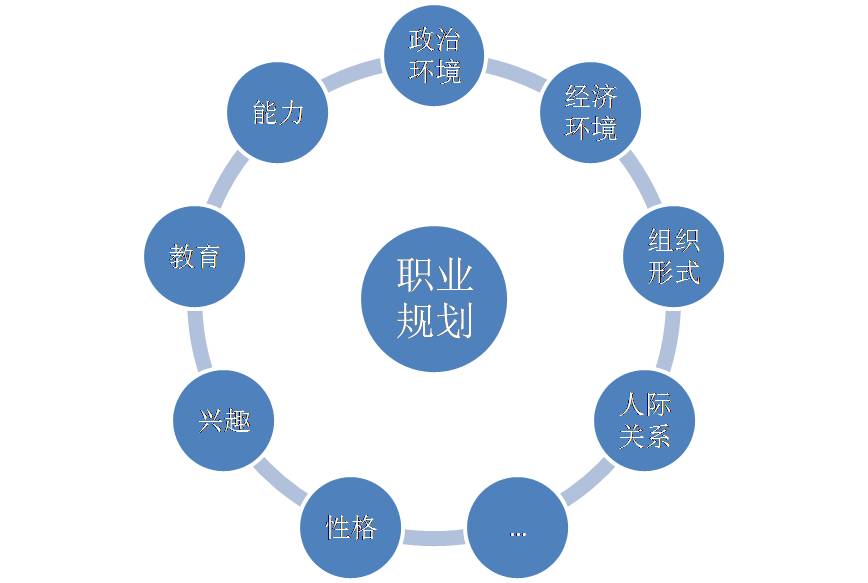Title: Why People Jump to Conclusions: A Reflection on the Human Mind
Introduction:
The human mind is a complex and fascinating entity, capable of making quick judgments and drawing conclusions based on limited information. However, this ability to make snap judgments can sometimes lead to jumping to conclusions, a phenomenon that has been studied by psychologists and philosophers for centuries. In this essay, we will explore the reasons behind why people jump to conclusions and the potential consequences of this behavior.
Reasons for Jumping to Conclusions:
1. Impulsive Behavior: Human beings are naturally impulsive creatures, often acting on emotions rather than logic. This impulsive nature can lead individuals to jump to conclusions without fully considering the evidence or facts at hand.
2. Confirmation Bias: Confirmation bias is a cognitive bias that causes individuals to seek out information that confirms their existing beliefs and ignore or dismiss information that contradicts them. This tendency can result in people forming hasty conclusions based on incomplete or biased information.
3. Emotion-Based Thinking: Emotions can often cloud our judgment and influence our thinking processes. When faced with a situation that elicits strong emotions, such as anger or fear, people may be more likely to jump to conclusions without taking the time to analyze the situation objectively.
4. Lack of Critical Thinking Skills: Critical thinking skills are essential for making informed decisions and avoiding hasty conclusions. However, many individuals lack these skills due to a lack of education or experience in analyzing complex problems.
5. Social Influence: Social norms and expectations can also influence people's decision-making processes, leading them to conform to groupthink and jump to conclusions without questioning the status quo.
Consequences of Jumping to Conclusions:
1. Misjudgments: Jumping to conclusions without sufficient evidence can lead to misjudgments, which can have serious consequences in personal and professional relationships, as well as in important decisions such as hiring or investing.
2. Conflict and Misunderstandings: Hasty conclusions can often lead to conflict and misunderstandings between individuals, as each person may interpret the situation differently based on their own preconceived notions and biases.
3. Hindsight Bias: Jumping to conclusions can create a "hindsight bias," where individuals believe they knew the outcome all along based on their initial assumptions and beliefs, even though they had no real knowledge of the situation at the time.
4. Stagnation and Limited Progress: By jumping to conclusions too quickly, individuals may miss opportunities for growth and learning, as they fail to consider alternative perspectives or explore new ideas.
Conclusion:
In conclusion, jumping to conclusions is a common phenomenon that can have negative consequences for individuals and society as a whole. To avoid falling into this trap, it is essential to cultivate critical thinking skills, remain open-minded, and question assumptions and biases whenever possible. By doing so, we can improve our decision-making abilities and foster a more rational and thoughtful approach to problem-solving.
Introduction:
The human mind is a complex and fascinating entity, capable of making quick judgments and drawing conclusions based on limited information. However, this ability to make snap judgments can sometimes lead to jumping to conclusions, a phenomenon that has been studied by psychologists and philosophers for centuries. In this essay, we will explore the reasons behind why people jump to conclusions and the potential consequences of this behavior.
Reasons for Jumping to Conclusions:
1. Impulsive Behavior: Human beings are naturally impulsive creatures, often acting on emotions rather than logic. This impulsive nature can lead individuals to jump to conclusions without fully considering the evidence or facts at hand.
2. Confirmation Bias: Confirmation bias is a cognitive bias that causes individuals to seek out information that confirms their existing beliefs and ignore or dismiss information that contradicts them. This tendency can result in people forming hasty conclusions based on incomplete or biased information.
3. Emotion-Based Thinking: Emotions can often cloud our judgment and influence our thinking processes. When faced with a situation that elicits strong emotions, such as anger or fear, people may be more likely to jump to conclusions without taking the time to analyze the situation objectively.
4. Lack of Critical Thinking Skills: Critical thinking skills are essential for making informed decisions and avoiding hasty conclusions. However, many individuals lack these skills due to a lack of education or experience in analyzing complex problems.
5. Social Influence: Social norms and expectations can also influence people's decision-making processes, leading them to conform to groupthink and jump to conclusions without questioning the status quo.
Consequences of Jumping to Conclusions:
1. Misjudgments: Jumping to conclusions without sufficient evidence can lead to misjudgments, which can have serious consequences in personal and professional relationships, as well as in important decisions such as hiring or investing.
2. Conflict and Misunderstandings: Hasty conclusions can often lead to conflict and misunderstandings between individuals, as each person may interpret the situation differently based on their own preconceived notions and biases.
3. Hindsight Bias: Jumping to conclusions can create a "hindsight bias," where individuals believe they knew the outcome all along based on their initial assumptions and beliefs, even though they had no real knowledge of the situation at the time.
4. Stagnation and Limited Progress: By jumping to conclusions too quickly, individuals may miss opportunities for growth and learning, as they fail to consider alternative perspectives or explore new ideas.
Conclusion:
In conclusion, jumping to conclusions is a common phenomenon that can have negative consequences for individuals and society as a whole. To avoid falling into this trap, it is essential to cultivate critical thinking skills, remain open-minded, and question assumptions and biases whenever possible. By doing so, we can improve our decision-making abilities and foster a more rational and thoughtful approach to problem-solving.
上一篇:为什么国家安全与我们息息相关




